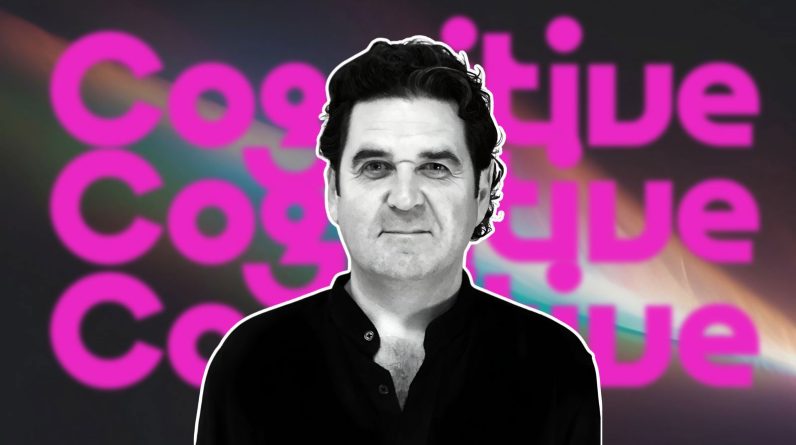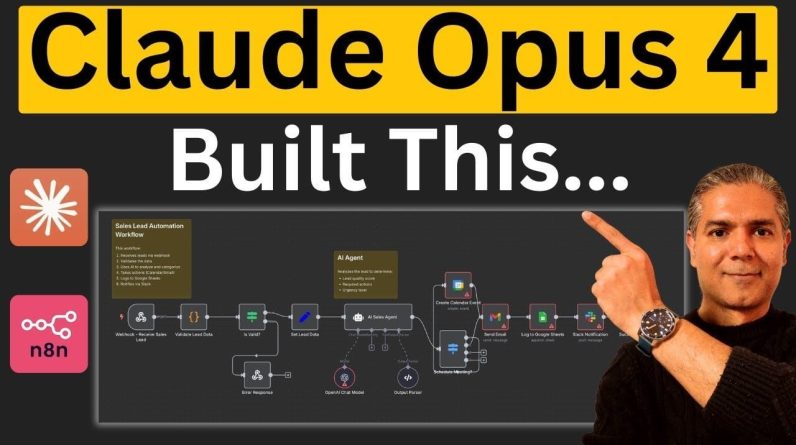Marketing and technology have been great friends for the better part of the last 15 years. It seems it will be more critical in the coming years. Artificial Intelligence (AI), data privacy, and big data are not crucial to the customer experience. A recent study by the University of Florida College of Journalism and Communications scholars found that consumers’ understanding of AI in marketing is intuitive but scattered. Consumers struggle to clarify the differences between AI and related terms like machine learning, deep learning, natural language processing, and robotics. In terms of functionality and emotion, consumers appreciate voice-assisted AI for simple tasks and convenience but are cautious about forming emotional connections with AI devices. While consumers view AI marketing as generally acceptable, they don’t necessarily believe it influences their purchasing decisions or behaviors.
Technology and privacy also go hand in hand in the eyes of the consumer. Harris Poll and Permutive conducted a recent survey regarding consumer behavior and attitudes towards personal data ethics. The results reveal that a significant majority of respondents, 75%, are not comfortable purchasing from brands with poor personal data ethics. This finding indicates that brands should prioritize protecting consumer data to maintain trust and loyalty.
Furthermore, the survey found that only 27% of respondents understand how brands and companies use their data for targeted online advertising. This result highlights the need for brands to be more transparent and educate consumers about data collection and usage practices.
The survey also revealed that 89% of respondents are more likely to spend money with a brand that commits to protecting their data online over one that doesn’t. This finding suggests that brands prioritizing data privacy and security can gain a competitive advantage and attract more customers.
What are marketing companies doing to serve the customer?
Jerry Hug, CEO of AiAdvertising, recently granted an exclusive interview to Merca2.0 magazine. During the interview, he spoke about how AiAdvertising is revolutionizing the marketing industry through the use of AI and machine learning.
According to Hug, the company’s patent-pending process within its Campaign Performance Platform sets a new advertising industry standard. Their approach is unique because it connects each phase of the advertising process and uses AI and machine learning tools to eliminate waste, drive efficiencies, and increase return on marketing investments.
 Jerry Hug AiAdvertising
Jerry Hug AiAdvertising
To personalize their approach and target with precision, AiAdvertising securely onboards all customer data and generates hyper-detailed audience personas. They uncover invaluable demographic, psychological, and behavioral signals and insights, which they use to prompt ChatGPT to automate hyper-personalized content for ads, landing pages, email campaigns, and more.
The personalized content influences the creative, and AiAdvertising’s team of marketers and digital strategists validate and execute the campaigns through an omnichannel approach. Each campaign’s performance is tracked, measured, and benchmarked against its audiences and channels. The closed-loop system continues to learn and prove what works and what doesn’t, giving clients the data they need to plan for what’s next.
However, implementing AI and ML technologies in marketing comes with its challenges. Traditional agencies are having difficulty keeping up with AI tools’ emergence. They may be executing and using one-off tools for personal benefits, but at the end of the day, they are point solutions and lack a comprehensive approach.
To overcome this challenge, AiAdvertising provides an all-in-one solution that helps marketers prove how much their investments are generated toward the bottom line. In addition, the Campaign Performance Platform is designed to play with other AI and ML tools as they emerge, allowing clients to experience the benefits without purchasing individual solutions.
AiAdvertising’s approach has led to successful campaigns and case studies, such as the one where HOLT CAT saw a 14x return on advertising spend (ROAS) by generating and implementing personas and a hyper-personalized campaign strategy.
The company also prioritizes ethical concerns surrounding AI and ML in marketing. They comply with privacy and security standards such as the General Data Protection Regulation (GDPR) and the California Consumer Privacy Act (CCPA). AiAdvertising uses anonymized data and signals from the internet to develop personas and behaviors. It encourages clients to validate what the company knows and gives further personal insights into why they do business with them.
Companies like AiAdvertising stay ahead by constantly testing and piloting new AI technology.
Technology and AI are rapidly changing the marketing industry, presenting both opportunities and challenges. While consumers have an intuitive understanding of AI, they also have concerns about data privacy and emotional connections with AI devices. Brands that prioritize data privacy and security and employ AI to deliver personalized and targeted content are likely to gain a competitive advantage. Companies like AiAdvertising are leading the way in this space, using AI and machine learning to revolutionize the advertising process and deliver results for clients. As AI technology continues to evolve, it will be crucial for marketers to stay ahead of the curve and adapt their strategies to keep up with changing consumer preferences and behaviors.








